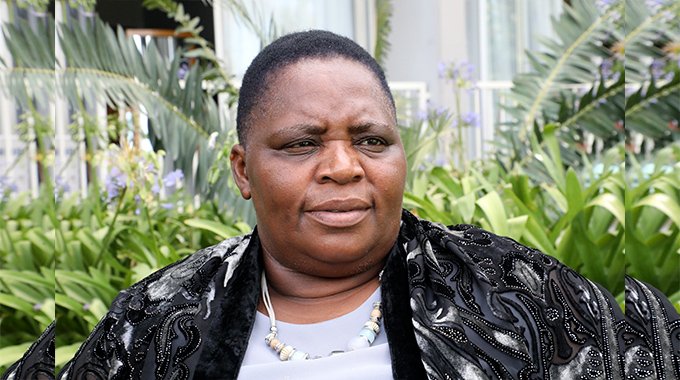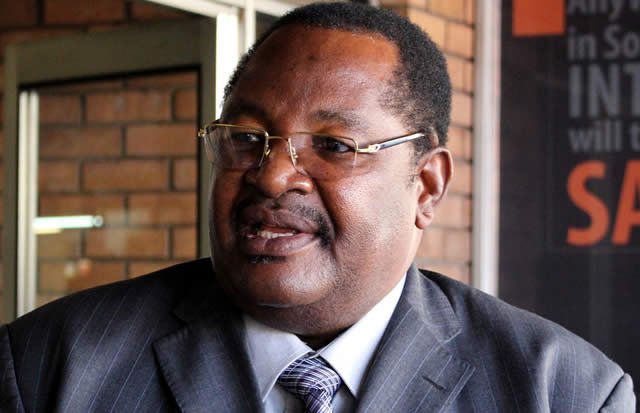In a pivotal development from last week’s National Joint Negotiating Council (NJNC) meeting, Zimbabwe’s civil servants’ representatives have endorsed a government proposal to increase salaries from US$300 to US$320, alongside adjusting the local currency salary component to reflect the official exchange rate. This agreement marks a significant move towards improving public sector wages amidst economic challenges.
Cecilia Alexander, leader of the Zimbabwe Confederation of Public Sector Trade Unions, praised the government’s initiative. “Our recent dialogue was productive, demonstrating the government’s commitment to preserving our salaries’ value,” she stated. The raise to US$320, while seen as a step in the right direction, is part of ongoing discussions to ensure salaries that enable a decent standard of living.
The NJNC plans to reconvene in April to address any unresolved issues, including the union’s request for the salary increase to be backdated to January 1, 2024, to offset inflation impacts. While acknowledging current budgetary constraints, Alexander remains hopeful for a favorable adjustment.
However, the consensus has sparked controversy among teacher unions, who argue that the increase falls short of their needs. Obert Masaraure, head of the Amalgamated Rural Teachers of Zimbabwe, criticized the agreement and singled out Alexander for her role in the negotiations. “A mere US$20 increase is unacceptable,” Masaraure declared, accusing Alexander of failing to adequately represent their interests.
Raymond Majongwe of the Progressive Teachers Union of Zimbabwe echoed this sentiment, pointing to the severe personal and professional strains on educators, including an uptick in suicides and substance abuse. The teachers’ unions are calling for a substantial salary revision to US$1,260 for educators and are preparing for mass action to press their demands.
As the situation unfolds, the divide between civil servants’ representatives and teacher unions underscores the complexities of negotiating public sector wages in Zimbabwe. With further discussions scheduled, the resolution of these negotiations will be crucial for the livelihoods of thousands of government employees.








